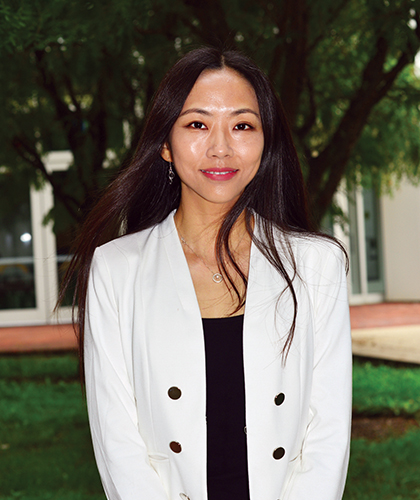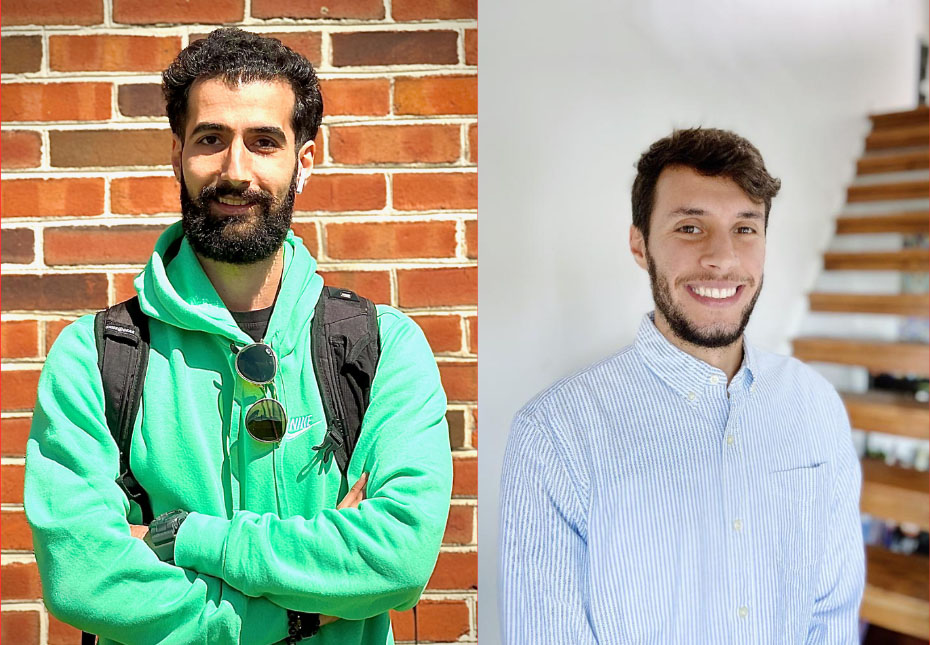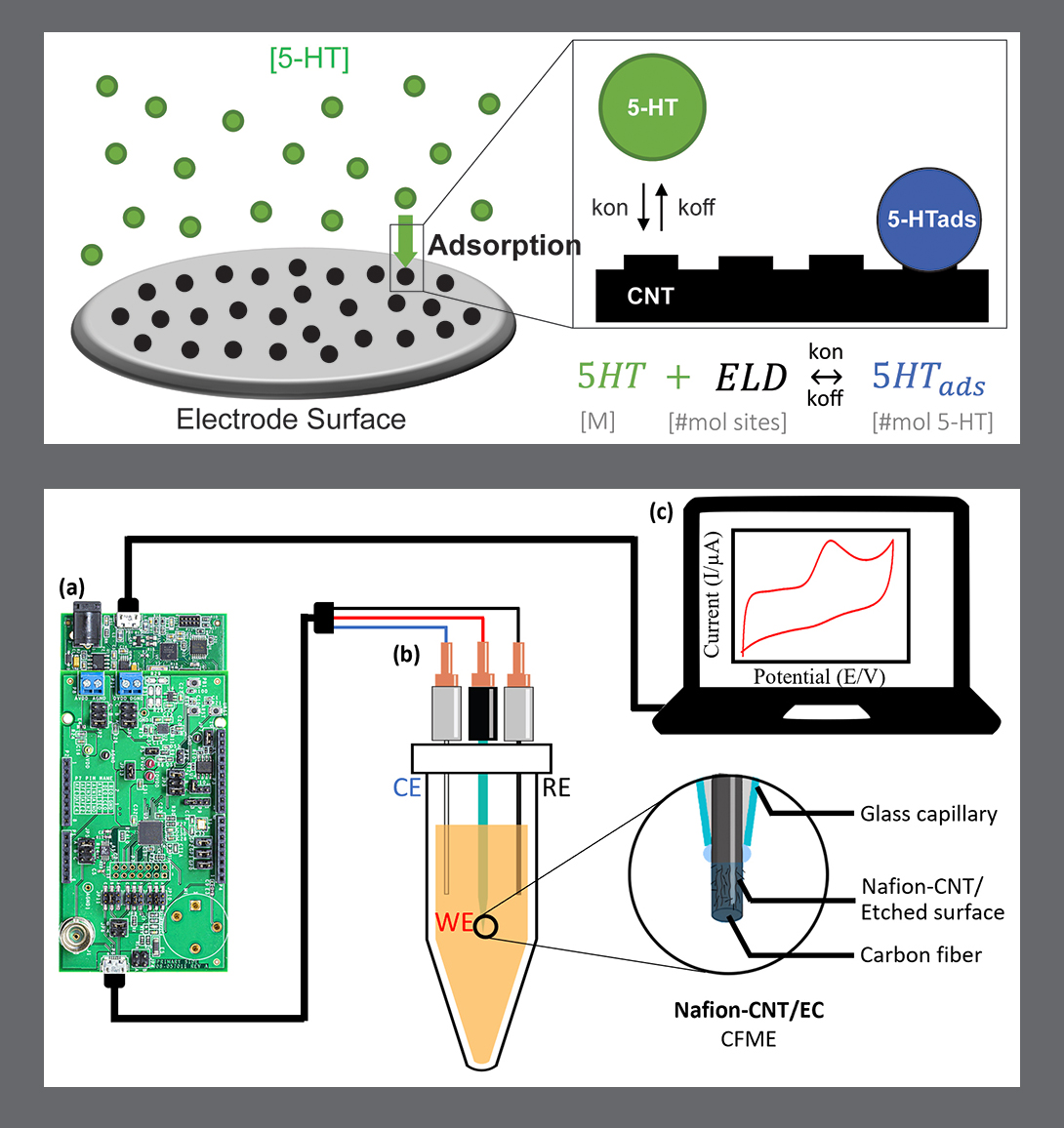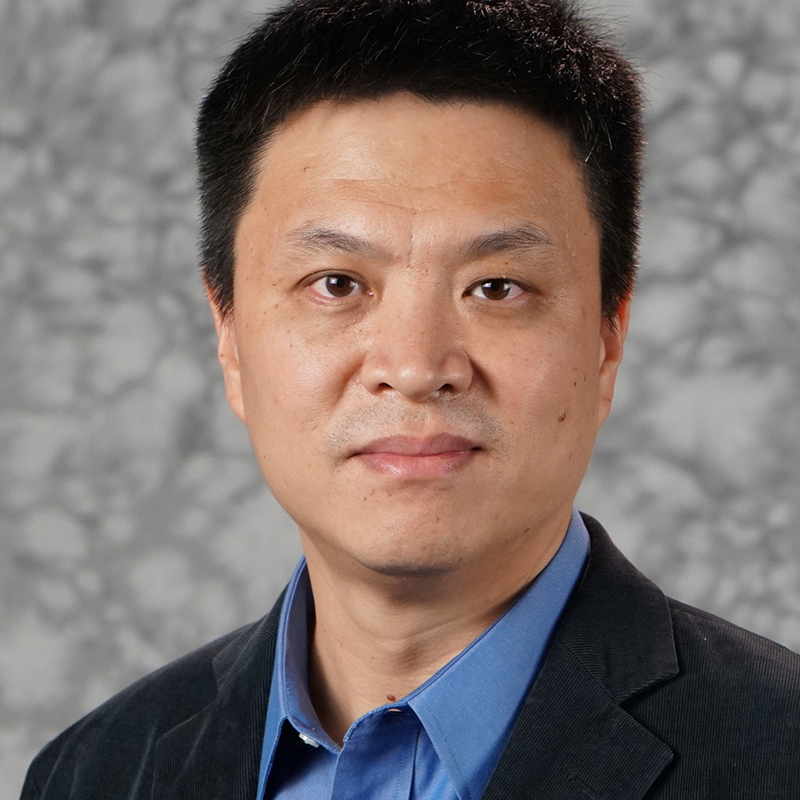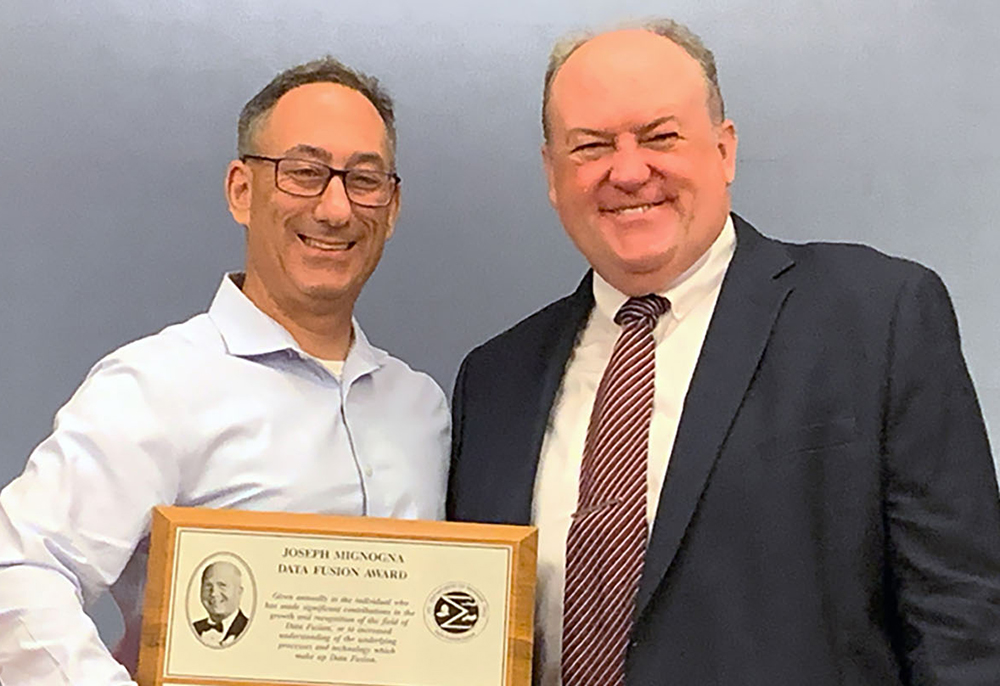News Story
Grad students Winkler, Subramanian rank highly in U21 3MT video contest
Graduate students Thomas Winkler (Fischell Department of Bioengineering) and Sowmya Subramanian (Department of Electrical and Computer Engineering) won second and third place respectively in the University of Maryland Graduate School’s Three Minute Thesis (3MT) video competition. Both are advised by ISR Director Reza Ghodssi (ECE/ISR).
Here is Winkler’s video, which describes his research to develop an easy-to-use device for schizophrenia patients that can monitor the amount of the drug Clozapine in their blood:
Here is Subramanian’s video, which describes her research to develop an implantable sensor that can detect and treat biofilms in real time:
The first-place winner at Maryland, Carly Muletz Wolz (Biological Sciences), went on to win the People’s Choice Award in the finals of the international competition. Her video described her research on how favorable microbes can manage disease in amphibian populations. This research could aid in the conservation of disease-stricken amphibian populations, as well as provide insight into developing probiotic therapies for other species.
This is the second consecutive year that a Maryland doctoral student has won the People’s Choice Award in the 3MT international contest.
About 3MT
First developed by the University of Queensland in 2008, the Three Minute Thesis competition (3MT®) challenges research students to communicate the significance of their projects to a non-specialist audience in just three minutes.
The U21 3MT international competition pits the leading presenters from each U21 member university against one another. Each participating member holds its own internal 3MT competition to select a local winner who is put forward for the U21 final, to be judged by an international panel consisting of industry and academic professionals.
3MT provides research students with the opportunity to develop their academic, presentation, and research communication skills by explaining their research to an intelligent but non-specialist audience. The local competitions challenge students to present face-to-face, and the virtual final hones skills associated from being filmed for an international audience, receiving international peer review, and gaining skills surrounding the presentation of their research to a wider audience.
Published November 2, 2015

